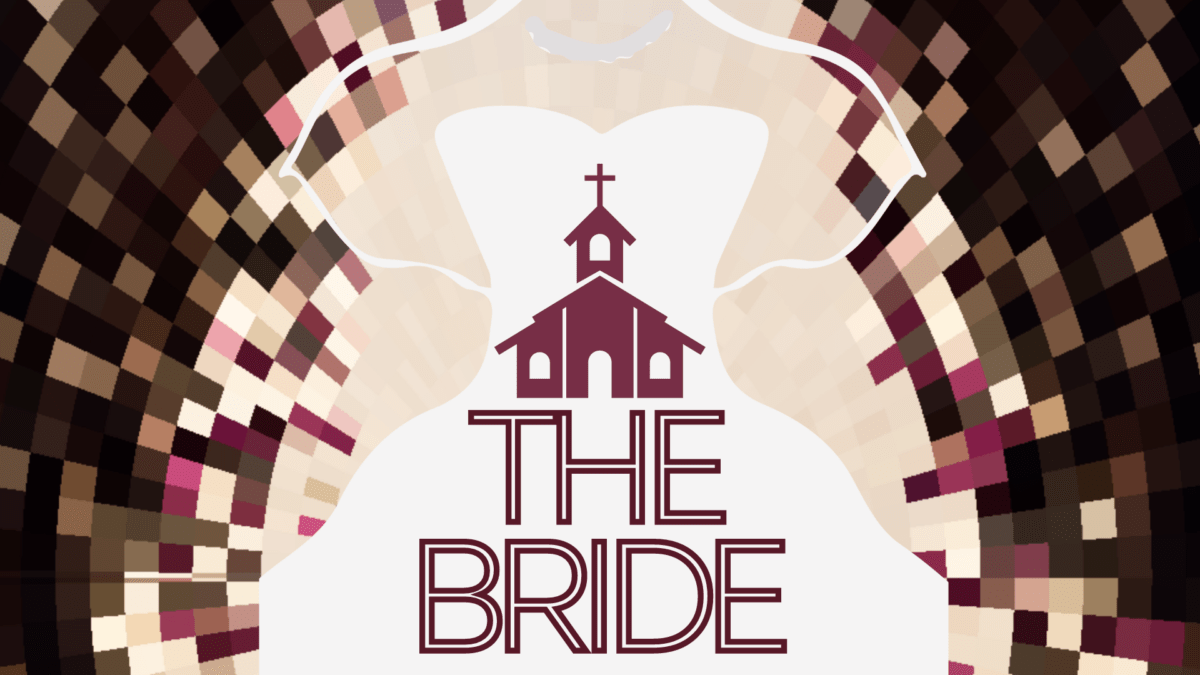October 11, 2022 – Pastor Mark Albrecht
Message Big Idea – With all the contemporary Church leadership failures, understanding its organizational characteristics becomes imperative at all levels. Everyone should know how the Church is structured to provide spiritual shepherding, shared leadership, and healthy accountability. This knowledge comes from the biblical portrait of pastors, elders, and congregants working together within an organizational culture marked by humility and mutual submissiveness. Nevertheless, undergirding this is the knowledge that Christ is the head of his Church
Lean In:
- Take a moment to reflect (if you are going through this on your own) or share (if you are with others in a group setting): What are you grateful for today? What are you struggling with today?
- Chances are everyone has either cooked/baked something or eaten something that was cooked/baked. Have you ever forgotten an ingredient or eaten something with a forgotten ingredient? What was the finished product like? How did it taste? Did it hold together? What was the texture like?
Look Down:
- Read Colossians 1:15-20; 1 Peter 5:1-5; Ephesians 5:15-21 (Read twice – ESV and either NLT or Message)
- Go around the group and briefly retell the passage in your own words.
- What word or phrase “jumped off the page” and intrigued you the most? Why?
Look Out:
- Col. 1:18 states Christ is “is the head of the body, the church.” What does this mean? How does this inform your understanding of leadership and ownership of the local church? In what ways does this differ from corporate leadership and ownership?
- 1 Pet. 5:2-3 implores Church leadership to act ‘willingly’ and ‘eagerly’ by ‘being examples to the flock,’ contrasting those that compel, dominate, and seek shameful gain. How does this compare to leaders in secular contexts (bosses, politicians, etc.)?
- 1 Pet. 5:5 and Eph. 5:21 charge church members to be humble and mutually submissive. How does this align with different cultural perspectives regarding hierarchy, submission to authority, or even individual rights (especially in America)?
Look In:
- Take a moment to reflect upon how the Church differs from secular organizations in structure and culture. How have conceptions of secular organizations (corporate, government, etc.) influenced how you view the Church? Have they informed your perspective of Church leadership? Have they shaped how you view your role in the Church?
- What are some ways you can practically exhibit humility and mutual submissiveness in the upcoming weeks? How can you begin or continue to support and encourage Church leadership (pastors or elders)? Where might you need accountability in your own life?
Live It Out:
- What is one thing God seems to be asking you to do in response to this passage? (i.e., “I will ….”)
- Who can you tell about this “I will” statement in the next 48 hours?
- Journal about your time in God’s Word this week. Stop to listen to what He might be telling you. Celebrate His presence through His Word!
- Spend some time intentionally praying over the NorthBridge leadership. Ask God for an attitude of humility and submissiveness rooted in Christ’s example. Pray that the culture and structure at NorthBridge stay rooted in biblical truth so that we may continue to participate in God’s mission locally, regionally, and globally. Amen!

